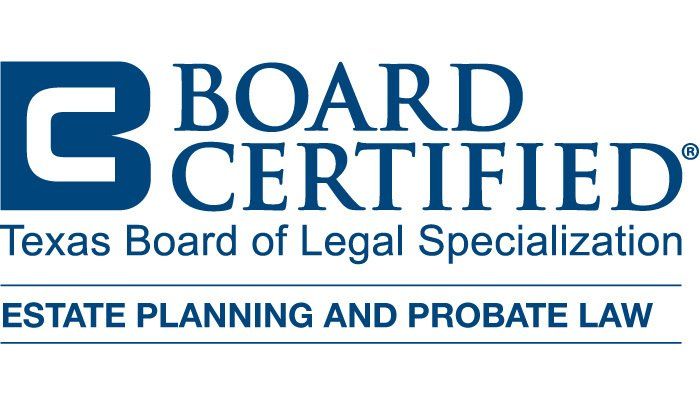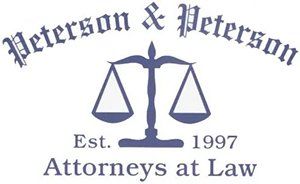Wills, Trusts, and Estate Planning Services
Board-Certified Attorneys | Over 25 Years of Experience | Compassionate & Trustworthy
Board-Certified Attorneys
Over 25 Years of Experience
Compassionate & Trustworthy
Plan for The Future With Our Help
Estate planning involves making instructions for your care and future gifts of your property.
Wills, trusts, powers of attorney, and directives are just documents with instructions someone else will follow when you become incapacitated or die.
Peterson & Peterson Attorneys will ask questions about your family, finances, and goals, then recommend the best estate planning options for you. An essential estate plan will include the following documents for each client:
- Will
- Durable Power of Attorney (financial)
- Medical Power of Attorney
- Directive to Physician ("Living Will")
- HIPAA Release for Agents Under Medical POA
- Appointment of Agent for Disposition of Remains
More extensive estate plans add one or more trusts and sometimes a Limited Liability Company.
Wills
A will is a document that names someone to carry out your instructions (an executor) and specifies who will receive your assets after you die and your debts are processed.
Trusts
A trust is a document that can act like a will that names someone to carry out your instructions (a trustee) and specifies who will receive your assets after you die and your debts are processed.
A trust may also include instructions that accomplish many other goals. Just a few uses include:
- Manage your property in the event you are incapable
- Avoid the need for a guardianship
- Manage and distribute property for a minor, incapacitated, or special needs beneficiary
- Protect a beneficiary's inheritance from divorce, lawsuits and bankruptcy
- Ensure that property is not sold or used for the wrong purposes
- Share property among several beneficiaries
Powers of Attorney
A power of attorney is a document that lists one or more agents (individuals or companies) that can help you make decisions or manage your assets if you become unable to do so.
Tax Planning
Estate planning documents can be used to minimize one or more kinds of taxes:
- Income taxes
- Estate or gift taxes
- Property taxes
Asset and Probate Protection
Estate planning can be used to enhance insurance coverage for some kinds of assets. Transferring ownership of property to a trust or business entity (usually a Limited Liability Company) may protect against unforeseen risks such as divorce, lawsuits, and bankruptcy.
Real property and mineral interest are often best owned by a trust or business entity to avoid the onerous probate requirements and difficulties involved with multiple owners.
Ready to Get Started?
Give us a call or fill out our online form
and we'll be in touch right away. You will be surprised how relieved you are when you have a custom plan in place.
Layne Peterson is board certified in Estate Planning & Probate by the Texas Board of Legal Specialization.




Share On: